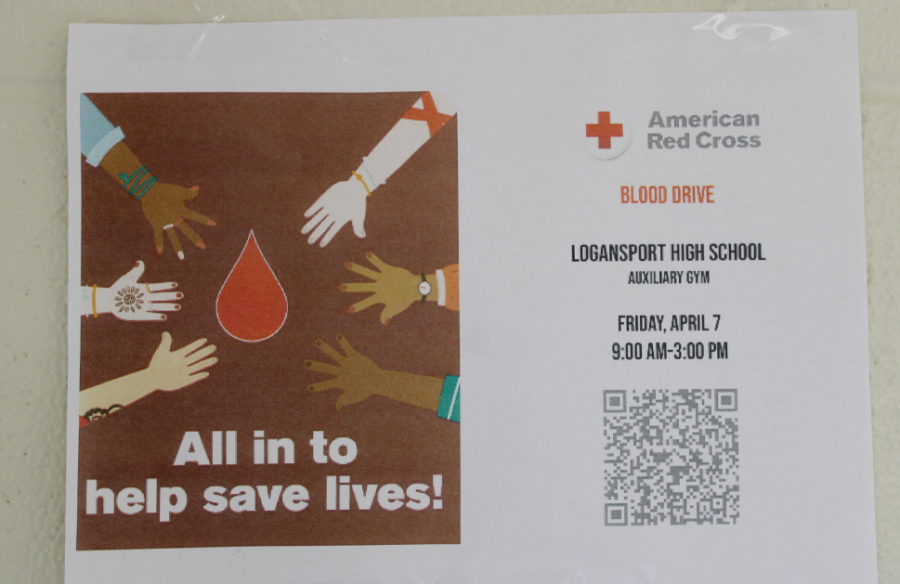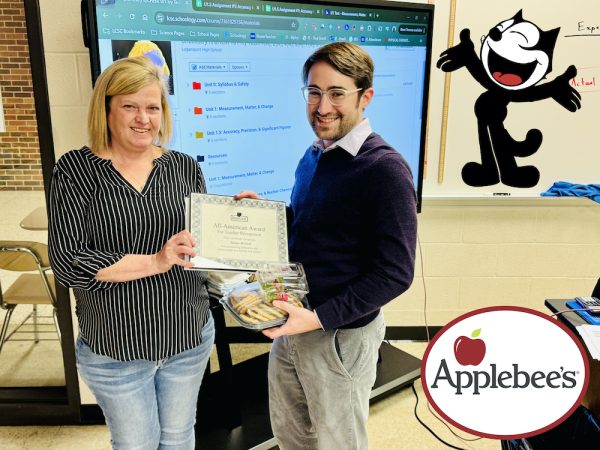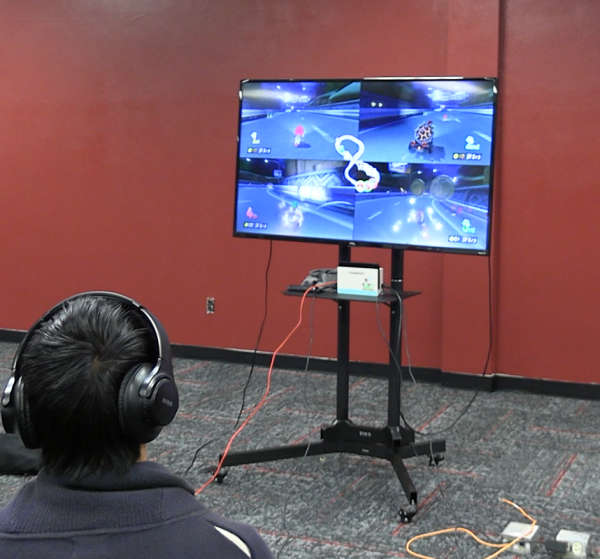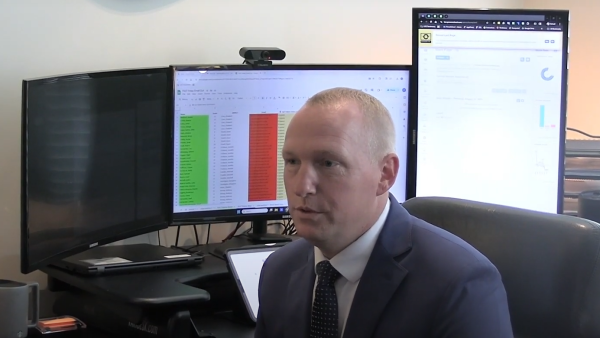Why is Blood Donation Important
On Apr. 7, the LHS Student Council will be holding a blood drive in the Aux Gym. You can register @ redcrossblood.org.
According to the American Red Cross, every two seconds, someone in the U.S. needs blood or platelets. Blood donation centers are constantly running short on supplies, especially during the summer and winter holidays. It’s constantly a need in the medical world because it’s used during surgeries or blood-related disorders.
In this world, there are countless opportunities to help people out, and donating blood is just one of several. On Apr. 7, a blood drive will take place in the Auxillary Gym from 9 a.m. to 3 p.m. People can sign up using the QR codes or links located on posters around the school.
Blood donations constantly save lives, especially if your blood type is universal. It’s one of the essentials to living, and it constantly takes some stress off of health workers when people give to people.
“It’s easy and doesn’t cost anything but your time, and if everyone did it, people would/could be saved,” Ned Boyd said.
The regulations based on GivingBlood.Org that need to be followed when donating include being over 110 pounds and over 16 years of age. Others include any illness or disease you’ve had in the last three months. That includes STDs if you’re sexually active as a precaution so patients don’t receive bloodborne diseases.
Healthcare teacher Kathy Rozzi has had experience in helping at blood drives.
“The years that I managed the school blood drives, most students were very surprised and relieved at how little pain they experienced,” Rozzi says. “The pride they felt for doing something where they made such a difference far outweighed the fear. People are often filled with fear because they think it will take forever or be painful. Some people also have phobias of needles and fear they might faint.”
Despite these fears, people should be willing to try once.
“It took me a while to get used to it even though I have given four gallons of blood,” Boyd said. “It’s common for people to feel uncomfortable or hesitant at first.”
Your donation will support the student journalists of Logansport High School. Your contribution will allow us to purchase equipment and cover our annual website hosting costs.

It's freshman Dominique Zamora-Arias's first year on Magpie. They like to write sometimes. Dominique likes to listen to music and hang out with friends....

Kylee Langley is a senior and the Editor-in-Chief of Magpie. She has been on the staff for four years and has previously been the section editor for Arts...











